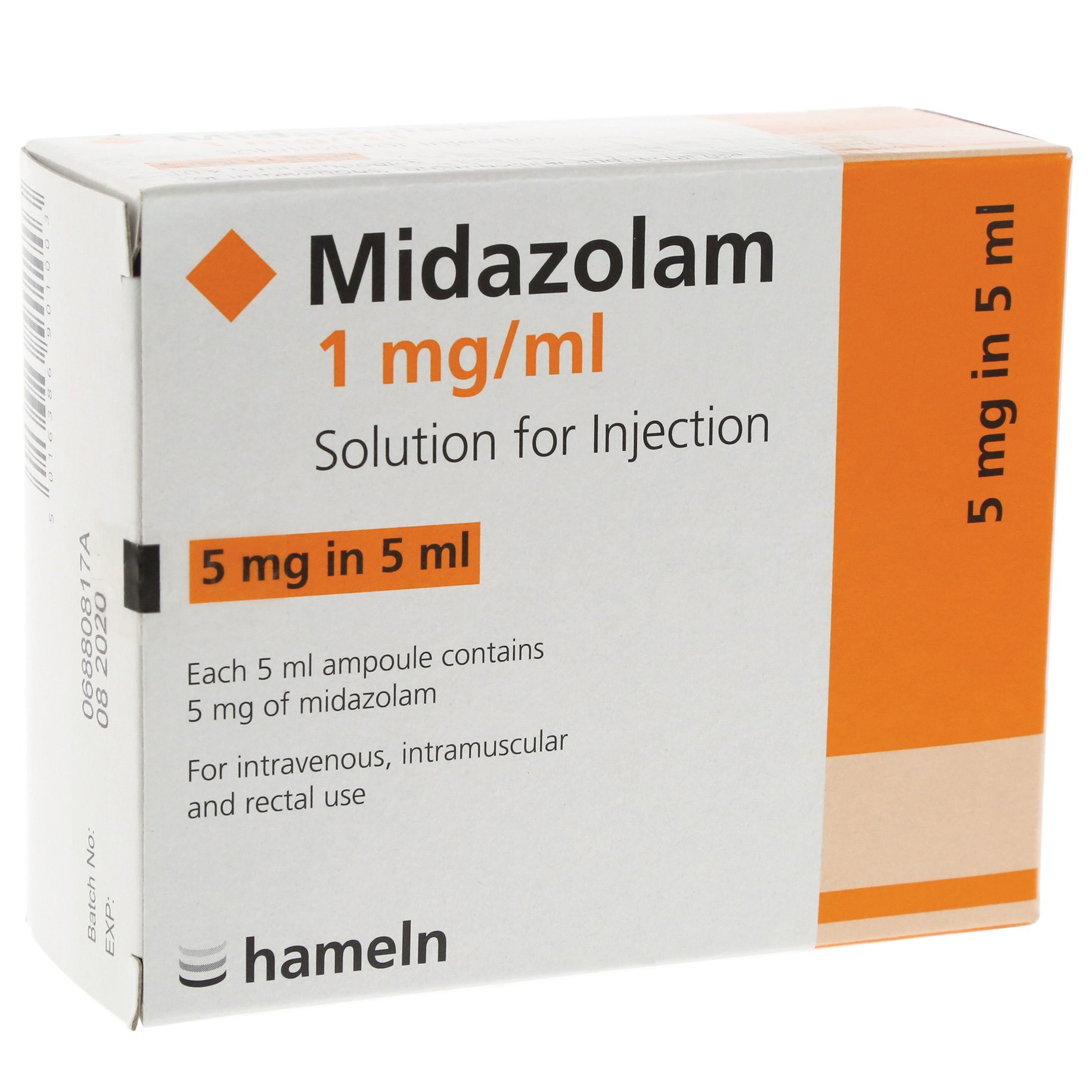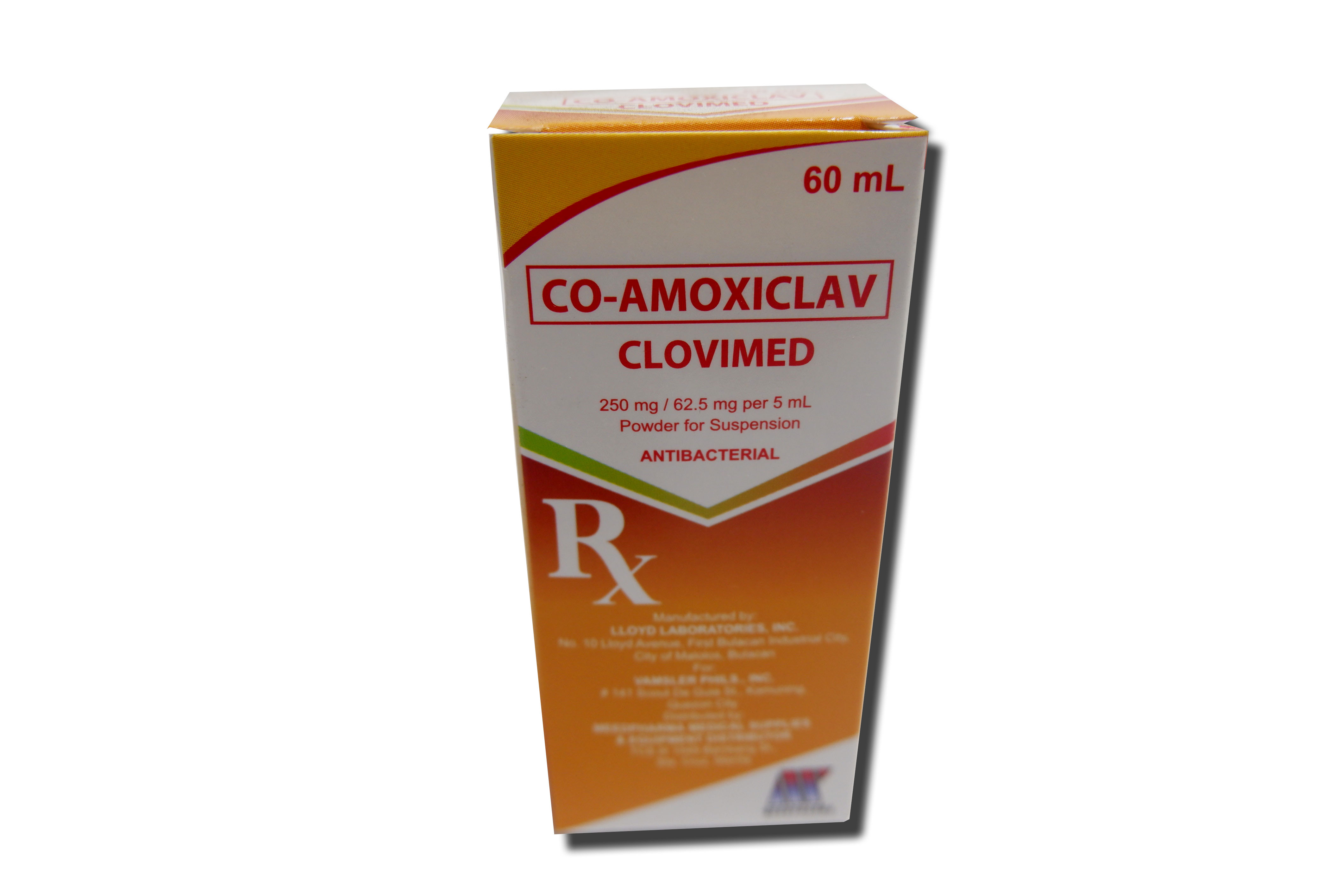Converting 0.5ml to mg is a common query for individuals working in healthcare, chemistry, or any field that involves precise measurements. Understanding this conversion is essential because milliliters (ml) and milligrams (mg) measure different properties—volume and weight, respectively. Without proper knowledge, errors in calculations can lead to inaccurate results, which may have significant consequences, especially in medical or scientific contexts. This article dives deep into the relationship between milliliters and milligrams, providing clear explanations and practical examples to help you master this conversion.
Milliliters and milligrams are often used interchangeably in casual conversations, but they serve distinct purposes. Milliliters measure the volume of a liquid, while milligrams measure the mass or weight of a substance. To convert 0.5ml to mg, you need to consider the density of the substance in question, as density bridges the gap between volume and weight. This guide will walk you through the steps to perform this conversion accurately, ensuring you have the tools and knowledge to tackle similar challenges confidently.
Whether you're a healthcare professional, a student, or simply someone curious about measurements, this article is designed to provide value. We’ll cover the basics of 0.5ml to mg conversions, explore common scenarios where this knowledge is applied, and answer frequently asked questions. By the end of this guide, you’ll have a solid understanding of how to convert 0.5ml to mg and why it matters. Let’s get started!
Read also:Free Hd Movies Shows Hdhub 4u Latest Releases
Table of Contents
- What Does 0.5ml to mg Mean?
- How Do You Convert 0.5ml to mg?
- Why Is Density Important in 0.5ml to mg Conversions?
- Can You Convert 0.5ml to mg Without Density?
- Common Mistakes in 0.5ml to mg Conversions
- Practical Examples of 0.5ml to mg
- Tools and Resources for Accurate Conversions
- Applications of 0.5ml to mg in Real Life
- How to Avoid Errors in 0.5ml to mg Calculations?
- Frequently Asked Questions About 0.5ml to mg
What Does 0.5ml to mg Mean?
At its core, the conversion from 0.5ml to mg involves understanding the relationship between volume and weight. Milliliters measure the volume of a liquid, while milligrams measure the weight of a substance. To convert between the two, you must factor in the density of the substance. For example, water has a density of approximately 1 gram per milliliter, meaning 0.5ml of water weighs 500mg. However, substances like oil or syrup have different densities, so their weight in milligrams will vary even if the volume remains constant.
How Do You Convert 0.5ml to mg?
Converting 0.5ml to mg requires a simple formula: Weight (mg) = Volume (ml) × Density (g/ml) × 1000. Here’s a step-by-step guide:
- Determine the density of the substance in grams per milliliter (g/ml).
- Multiply the volume (0.5ml) by the density.
- Multiply the result by 1000 to convert grams to milligrams.
For instance, if the density of a liquid is 0.8 g/ml, the calculation would be: 0.5 × 0.8 × 1000 = 400mg.
Why Is Density Important in 0.5ml to mg Conversions?
Density is the key factor that allows us to convert between volume and weight. Without knowing the density of the substance, it’s impossible to accurately convert 0.5ml to mg. Different substances have different densities, which is why 0.5ml of one liquid may weigh significantly more or less than another. For example, 0.5ml of mercury, which is much denser than water, will weigh far more in milligrams.
Can You Convert 0.5ml to mg Without Density?
Unfortunately, no. Without knowing the density of the substance, you cannot accurately convert 0.5ml to mg. Density provides the necessary link between volume and weight. If you’re unsure of the density, consult a reliable source or use a hydrometer to measure it directly.
Common Mistakes in 0.5ml to mg Conversions
Here are some common pitfalls to avoid when converting 0.5ml to mg:
Read also:Pool Gloves
- Assuming all liquids have the same density as water.
- Forgetting to multiply by 1000 to convert grams to milligrams.
- Using incorrect or outdated density values.
Practical Examples of 0.5ml to mg
Let’s look at a few practical examples to solidify your understanding:
- Water (density = 1 g/ml): 0.5ml = 500mg.
- Alcohol (density = 0.789 g/ml): 0.5ml = 394.5mg.
- Honey (density = 1.42 g/ml): 0.5ml = 710mg.
Tools and Resources for Accurate Conversions
To make your life easier, here are some tools and resources you can use for 0.5ml to mg conversions:
- Online density calculators.
- Scientific scales for measuring weight.
- Hydrometers for measuring liquid density.
Applications of 0.5ml to mg in Real Life
Understanding how to convert 0.5ml to mg has numerous real-world applications, including:
- Medical dosing for liquid medications.
- Chemical experiments requiring precise measurements.
- Cooking and baking with liquid ingredients.
How to Avoid Errors in 0.5ml to mg Calculations?
To ensure accuracy, always double-check your density values and calculations. Use reliable sources and tools to verify your results. Practice with different substances to build confidence in your skills.
Frequently Asked Questions About 0.5ml to mg
What Is the Formula for Converting 0.5ml to mg?
The formula is: Weight (mg) = Volume (ml) × Density (g/ml) × 1000.
Why Is 0.5ml to mg Important in Medicine?
In medicine, precise dosing is critical. Converting 0.5ml to mg ensures patients receive the correct amount of medication, minimizing the risk of underdosing or overdosing.
Can I Use a Regular Scale for 0.5ml to mg?
No, a regular scale measures weight but cannot directly measure volume. You’ll need a scientific scale or a conversion formula to determine the weight in milligrams.
What If I Don’t Know the Density for 0.5ml to mg?
If you don’t know the density, consult a reliable source or use a hydrometer to measure it. Without density, accurate conversion isn’t possible.
By following this guide, you’ll gain the knowledge and confidence to convert 0.5ml to mg accurately and efficiently. Whether you’re a professional or a curious learner, mastering this skill will prove invaluable in various scenarios. Remember, precision is key, and understanding the principles behind the conversion will help you avoid costly mistakes. Happy calculating!

